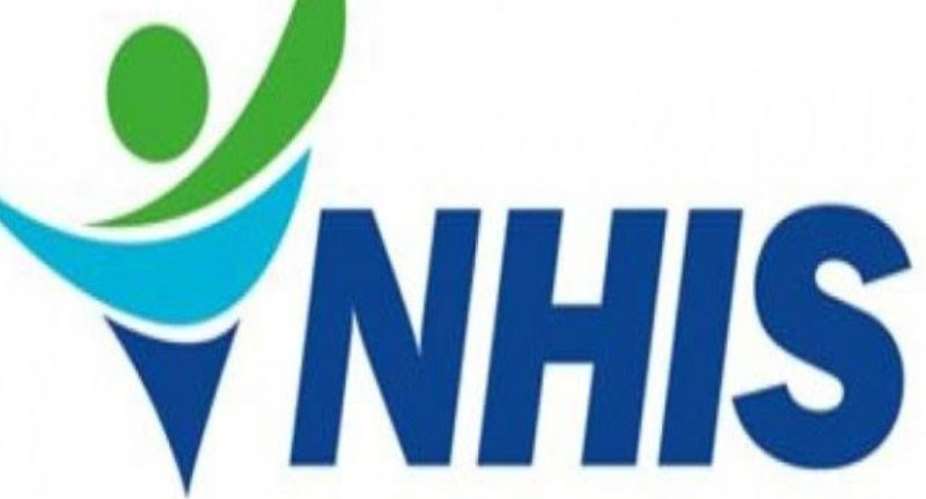The NHIS provides a generous package of benefits covering 95% of conditions and includes inpatient and outpatient services for general and specialist care, surgical operations, hospital accommodation, prescription drugs, blood products, dental care, maternity care and emergency treatment.
Although the NHIS has increased overall access to health care, there are real concerns that it has not been successful in its aim of meeting the health needs of the poorest members of society. A National Development Planning Commission (NDPC 2009) survey undertaken in 2008, for example, found that fewer than 30% of those in the lowest socio-economic quintile were members of the scheme, compared with over 60% of the wealthiest. The main reason given for not belonging to the scheme was affordability (77%).
The Ghanaian NHIS has been the subject of many international studies, and although some of these have been complimentary, many have been highly critical. Alleged failings have included:
• Long delays in provider reimbursement threatening the financial sustainability of hospitals• accusations of fraud and abuse
• inaccurate record keeping
• ‘gaming’ by providers
• unclear lines of authority
• long delays in issuing patient registration cards
• duplicate registration of members to avoid payment of missed premiums.
In response to these criticisms, a new NHIA council was appointed in June 2009. Under its stewardship, the Authority was working to introduce an ambitious programme of reforms aimed at increasing membership and improving public confidence in the scheme. Amid concerns about financial sustainability, the Authority is also exploring ways of maximising revenue and containing costs, and is looking at alternative methods of funding the scheme.
Healthcare services are provided by the public sector: mainly by the Ghana Health Service (GHS) and the Christian Health Association of Ghana (CHAG), private for-profit and private not-forprofit organisations, and traditional medicine. On paper, Ghana has a decentralised, multi-level health system:
• the Ministry of Health (MOH) with responsibility for health policy formation, regulation and strategic direction
• the GHS with responsibility for policy implementation
• regional administrations with responsibility for public health and curative services at the regional level and supervision and management of district level services
• district administrations with responsibility for providing public health and curative services at the district level
• sub-district level administrations with responsibility for the provision of preventative and curative services at health centres and community outreach posts
• community-based health planning and services (CHPS) with responsibility for providing basic preventative and curative services for minor ailments at community and household levels.
In practice, however, local organisations lack autonomy and the majority of decision making is done centrally: responsibility for setting staff establishment levels, appointing clinical and administrative staff and paying salary costs, for example, rests with the government.
Ghana’s national health policy, ‘Creating Wealth through Health’ (MOH 2007) was executed through a series of HSMTDPs. The latest plan, covering the period 2010–13, identifies poor access to health services and the low quality of services as the most severe problems in the sector. The HSMTDP identified five priorities.
1. Bridge equity gaps in access to healthcare services, ensuring sustainable financing arrangements that protect the poor.
2. Strengthen governance and improve the efficiency and effectiveness of the healthcare system.
3. Improve access to quality maternal, neonatal, child and adolescent healthcare services.
4. Intensify prevention and control of communicable and noncommunicable diseases and promote healthy lifestyles.
5. Improve institutional care including mental health service provision. Annual Programmes of Work (POWs) are developed around these five priorities and used to monitor and review the performance of the healthcare sector.
In conclusion, the NHIS was a system that was put in place to replace the cash and carry system which was the cause of many mortalities, but now the NHIS is currently in the gutters and there is the need for the government to wake up and make sure it works again. The NHIS was really a blessing but now it’s become a headache for us.
SANDRAH AMANKWAH
PHYSICIAN ASSISTANT STUDENT
LEVEL 200
UCC





 2024 elections: Resign if you can't be faithful to party - Sagnarigu NDC PC desc...
2024 elections: Resign if you can't be faithful to party - Sagnarigu NDC PC desc...
 Five arrested, remanded over alleged murder of two police officers at Transacco
Five arrested, remanded over alleged murder of two police officers at Transacco
 Tax exemptions better than incentives for churches – Tax Analyst tell Bawumia
Tax exemptions better than incentives for churches – Tax Analyst tell Bawumia
 Transport Minister sues Law Platform Editor for defamation
Transport Minister sues Law Platform Editor for defamation
 Voter registration: Police arrest NPP Treasurer for Mpohor for registering minor
Voter registration: Police arrest NPP Treasurer for Mpohor for registering minor
 "This nonsense must stop" — Lawrence Tetteh vows to march to Jubilee House over ...
"This nonsense must stop" — Lawrence Tetteh vows to march to Jubilee House over ...
 2024 elections: “If indeed you stand for peaceful elections the time is now for ...
2024 elections: “If indeed you stand for peaceful elections the time is now for ...
 I have the attributes to be president of this country — Bernard Monarh
I have the attributes to be president of this country — Bernard Monarh
 Cecilia Dapaah saga: ‘Turf war’ between AG, EOCO, OSP indicates they’re not ‘cor...
Cecilia Dapaah saga: ‘Turf war’ between AG, EOCO, OSP indicates they’re not ‘cor...
 Ghana will become the first African country to embrace blockchain-powered gover...
Ghana will become the first African country to embrace blockchain-powered gover...
